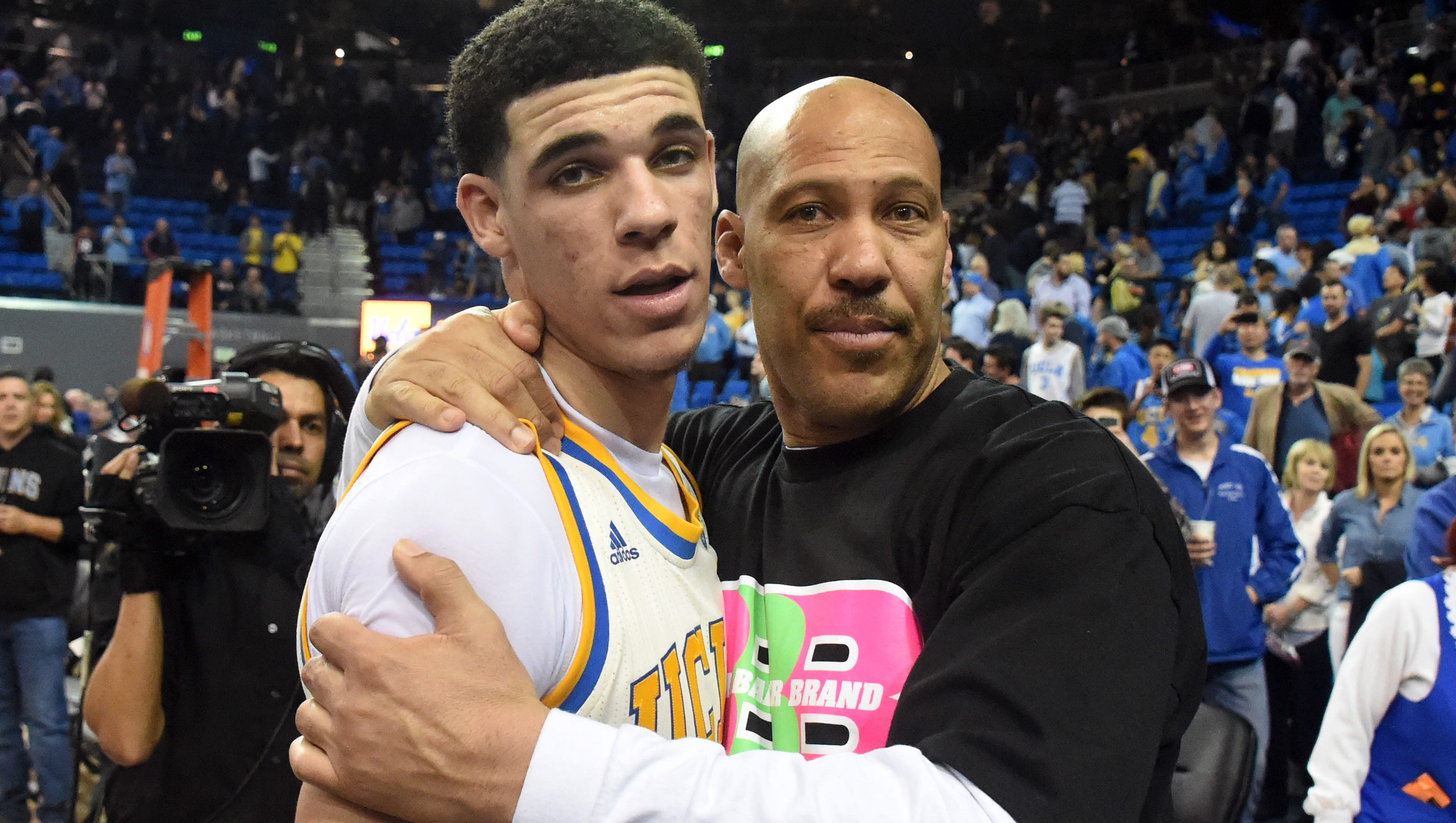From Tech Tycoon to Media Mogul: Elon Musk's Unprecedented Influence
Until recently, Elon Musk was known for his successes in the electric car industry and space exploration. His outspoken nature was often noted, but his global influence was seemingly under control. However, the acquisition of Twitter — now X — transformed him into a media mogul, placing him at the helm of a platform with unparalleled reach and influence.
Musk's approach to running X stands in stark contrast to traditional media moguls, making him a potentially more dangerous force. Unlike those who came before him, he operates under his own rules, often defying regulations and demonstrating disregard for those who try to rein him in.
The Legacy of Press Barons: A History of Manipulation
For decades, press barons like William Randolph Hearst and Rupert Murdoch wielded immense power, often using their media platforms to achieve their commercial and political goals. While they pretended to uphold journalistic principles, their actions often involved intimidation and bullying.
Eric Beecher's book, The Men Who Killed The News, provides a comprehensive history of media moguls and their impact on democracy. Beecher argues that these figures used their privileged positions to “intimidate governments, invaded personal privacy, peddled mistruths, stirred up sensationalism, dispensed patronage, denigrated their enemies, twisted social values, and in the process, accumulated obscene fortunes.”
Beecher cites several examples of these moguls leveraging their influence, including:
- Rupert Murdoch: Murdoch's infamous editor of The Sun, Kelvin MacKenzie, once threatened then-British prime minister John Major, saying: “Well John, let me put it this way. I’ve got a large bucket of shit lying on my desk and tomorrow morning I’m going to pour it all over your head.”
- Sir Keith Murdoch: Beecher recounts an anecdote about Rupert Murdoch's father, Sir Keith Murdoch, who met with then-prime minister Joseph Lyons. The prime minister appeared “like a man seeking a job” in front of Sir Keith's desk, illustrating the power that media moguls held over politicians.
- Lang Hancock: Murdoch used his influence to secure a deal with mining magnate Lang Hancock, telling a politician: “look you can have a headline a day or a bucket of shit every day. What’s it to be?”
These examples highlight the manipulative tactics employed by media moguls to influence the political landscape. While they were often cloaked in the guise of journalism, their actions undermined the principles of truth and objectivity.
The New Era of Tech Bros: Brazen Influence and Unfettered Freedom
With the rise of social media, the power dynamic has shifted. Tech giants like Apple, Microsoft, Google, and Meta have amassed immense wealth and influence, surpassing traditional media corporations. Their platforms, especially X under Musk's leadership, have become powerful tools for disseminating information and shaping public opinion.
Musk's approach is characterized by a brazenness that sets him apart from his predecessors. He embraces the label of “free-speech absolutist,” often using his platform to promote his own views, even if they are controversial or based on misinformation. His pronouncements lean heavily to the right, leaving little space for alternative perspectives.
Musk's disregard for traditional norms is evident in his interactions with critics and adversaries. He has been known to make inflammatory statements, such as linking to articles promoting conspiracy theories or tweeting that “Civil war is inevitable.” He has also been dismissive and abusive towards those who disagree with him, even resorting to vulgar language.
The Future of Information: A Crossroads of Democracy
The question remains: is the world better off with tech bros who demand unlimited freedom and assert their influence brazenly, or old-style media moguls who spin fine-sounding rhetoric about freedom of the press and exert influence under the cover of journalism?
This is a critical question for our time. The future of democracy hinges on our ability to navigate the complexities of information in the digital age. We must be vigilant in challenging misinformation and holding powerful actors accountable for their actions. The stakes are high, and the consequences of inaction are potentially dire.
The End of an Era?
While the world is grappling with the rise of tech bros and their unprecedented influence, the book The Men Who Killed The News serves as a poignant reminder of the historical forces that have shaped the current landscape of media. As we move forward, it is essential to learn from the past and find ways to safeguard democracy from those who seek to exploit its vulnerabilities. This is a fight that will require constant vigilance, critical thinking, and a commitment to truth and accountability. Only then can we hope to create a future where information serves the public good and empowers citizens to engage in meaningful dialogue and shape a more just and equitable world.

















